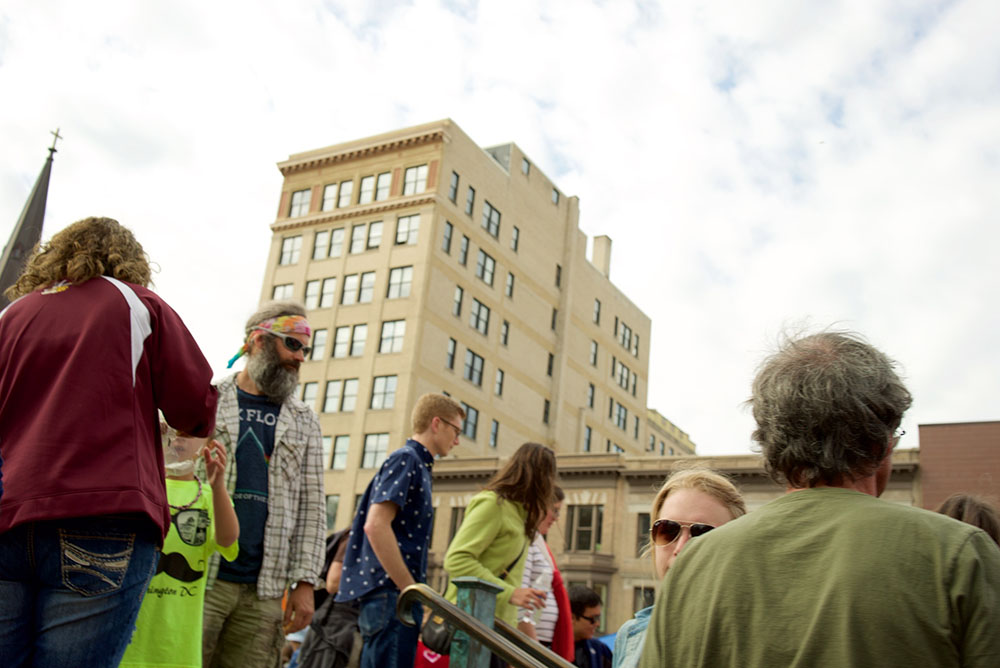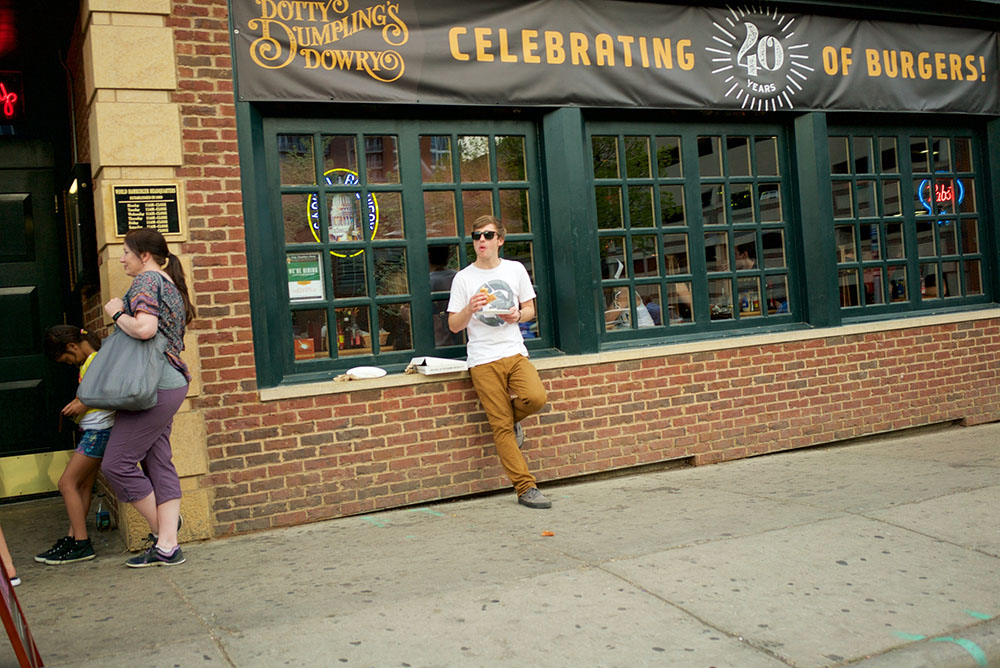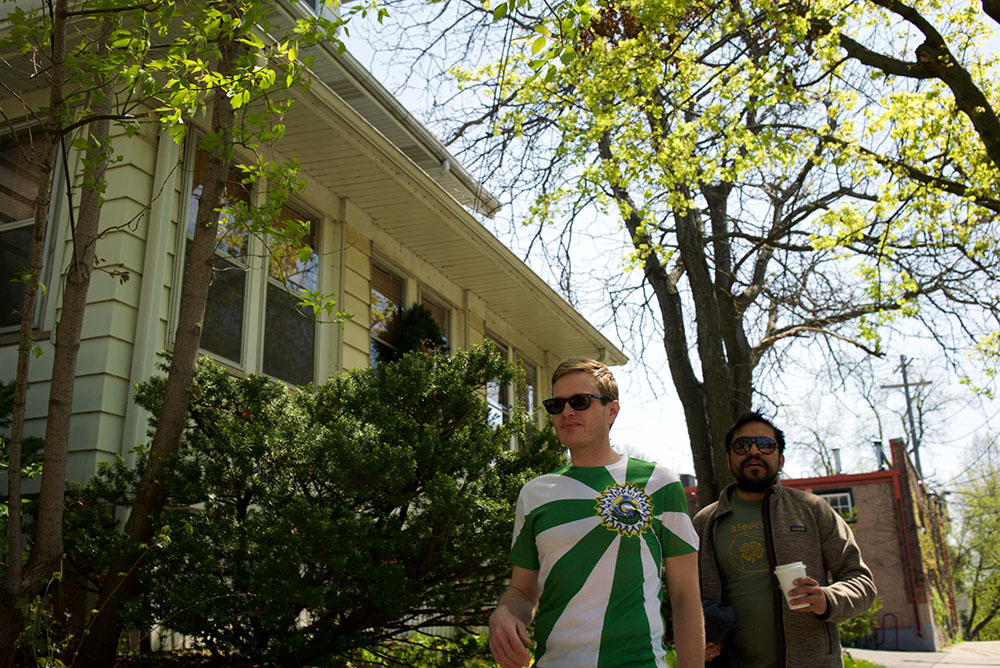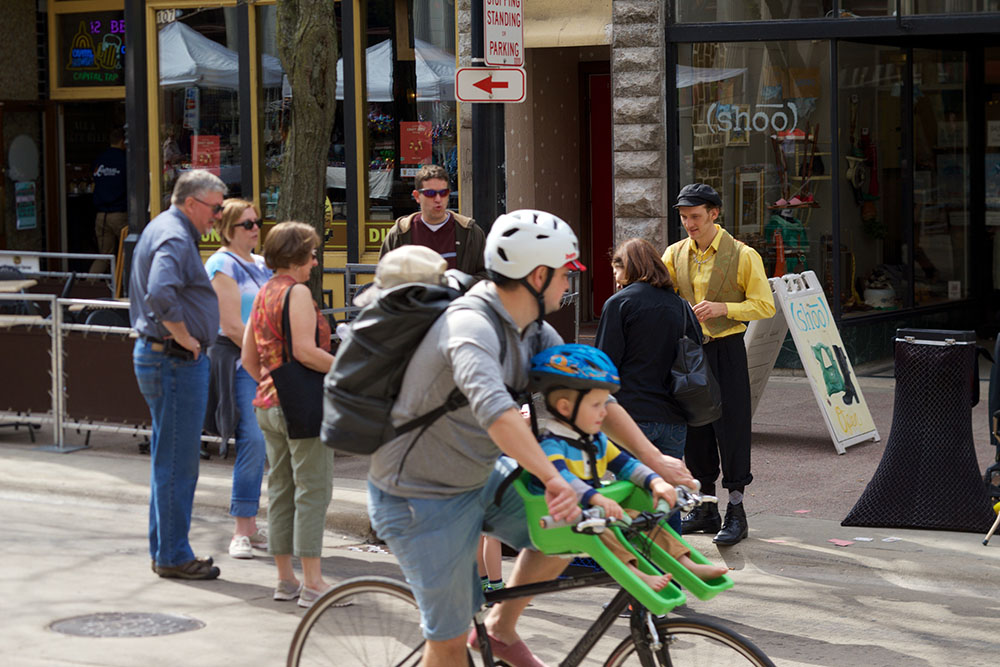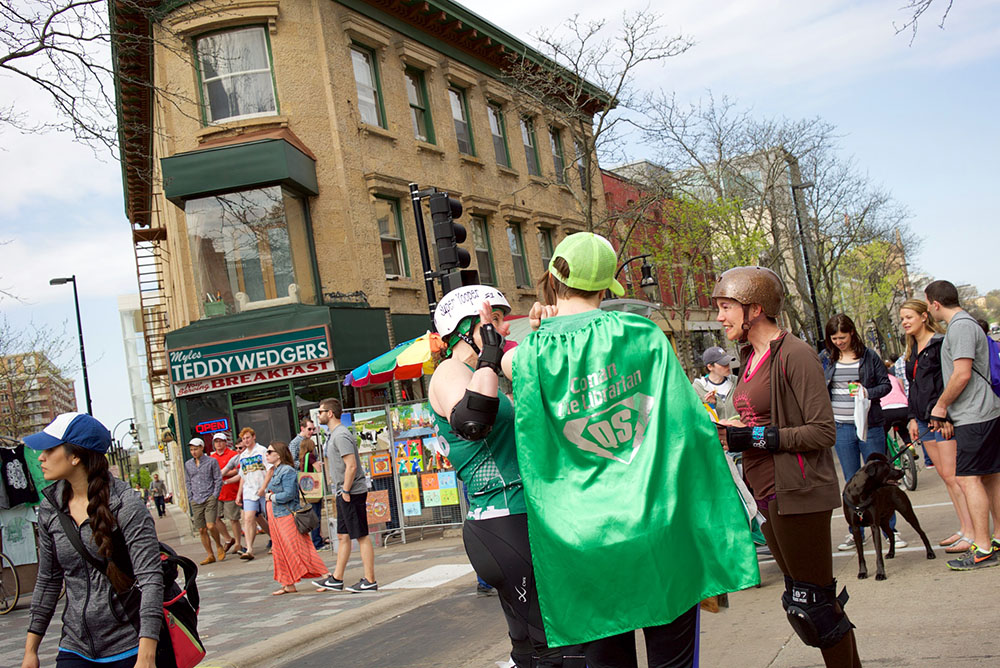
Pentacost: The Holy Spirit, Peace & Multimedia Doves
The Sommelier
Big Photography
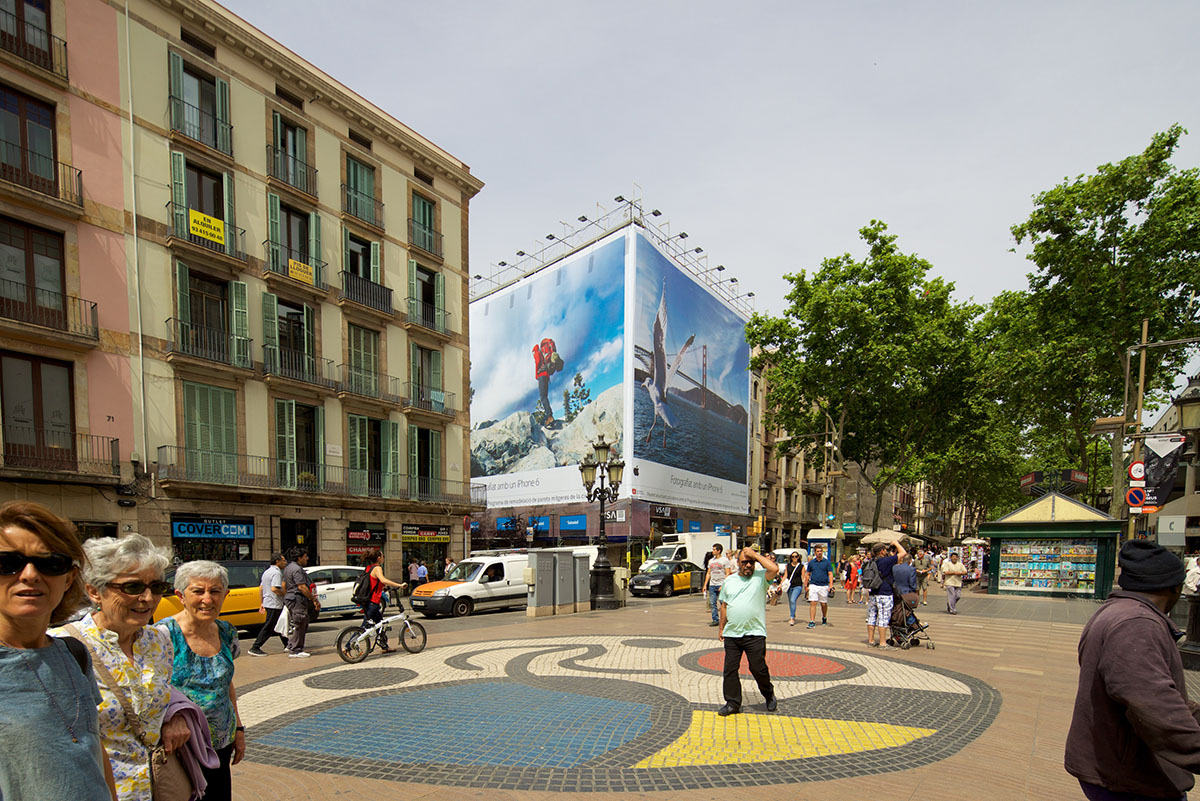
The competition between traditional photography equipment and the iPhone’s supremacy “shot on iPhone 6 [1]” is on display in Barcelona.
The iPhone and its many apps are eating away at the dedicated camera/lens business, as indicated by the billboard size photos. I’ve kept a log of the market changes over the years, here:
As for me, both have their charms. I’m still often swayed by a great lens and “full frame” sensor.
1. World Gallery.
Hayek and Business Management
Chris Dillow writes,
If extensive knowledge is possible, then bosses might be able to manage big companies well. If not, then centrally planned companies will be inefficient. Sure, perhaps competition will eventually weed out egregious incompetence, but market forces might not grind so finely as to eliminate all inefficiency
Pointer from Mark Thoma.
I cannot emphasize enough how much I agree with this. Because I spent 15 years in business, I got an opportunity to see large organizations close up. I saw that in a large business, the top management cannot keep track of more than about three major initiatives at a time. I saw that compensation systems have to be frequently overhauled, because employees learn to game any system that stays in place for more than a couple of years. I saw the “suits vs. geeks” divide, as specialists in information technology or financial modeling had difficulty communicating with executives who had only general knowledge.
The notion of large, efficient organization is an oxymoron. If you think that large corporations have overwhelming advantages, then you have explained why IBM still dominates the computer industry, while Microsoft and Apple never really got amounted to much of anything. I like to say that if you are afraid of large corporations then you have never worked for one.
Why Energy Storage is About to Get Big – and Cheap
I’ve been writing about exponential decline in the price of energy storage since I was researching The Infinite Resource. Recently, though, I delivered a talk to the executives of a large energy company, the preparation of which forced me to crystallize my thinking on recent developments in the energy storage market.
Energy storage is hitting an inflection point sooner than I expected, going from being a novelty, to being suddenly economically extremely sensible. That, in turn, is kicking off a virtuous cycle of new markets opening, new scale, further declining costs, and addition
Museo de la Vid y el Vino




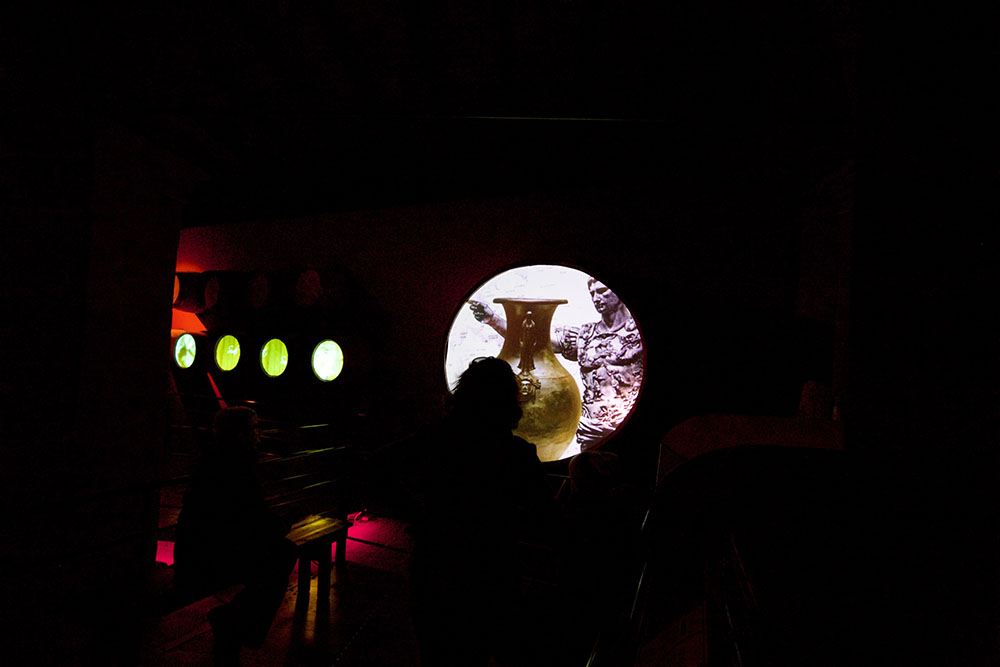


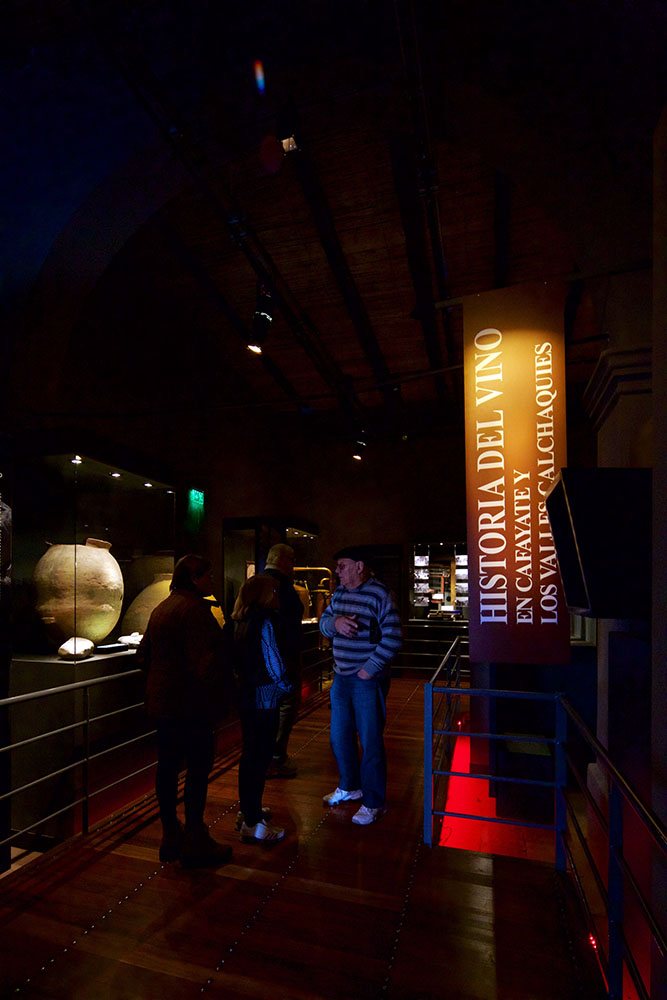


Clark expediciones provided an enjoyable journey around northern Argentina, including a visit to Cafayate.
Where the Science is Taking Us in Cybersecurity
“…..mimics how a stratum of elite people carry neither money nor identification”
Magnolias







Gorgeous handiwork from God.
A Sunny Saturday
